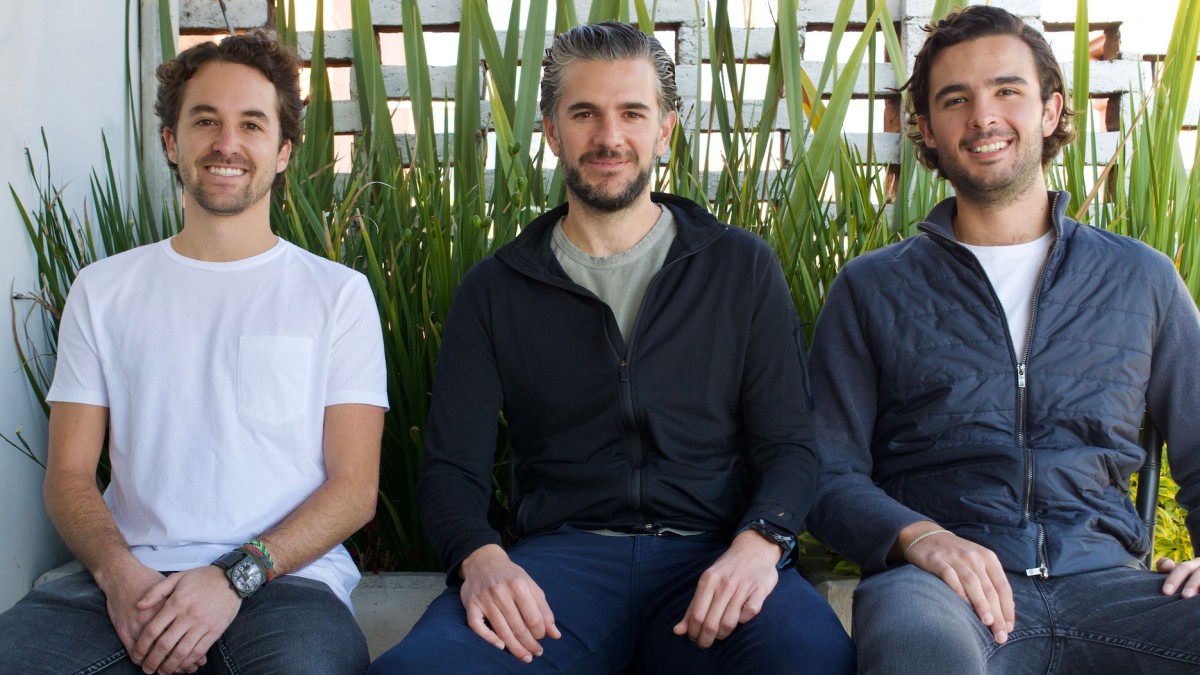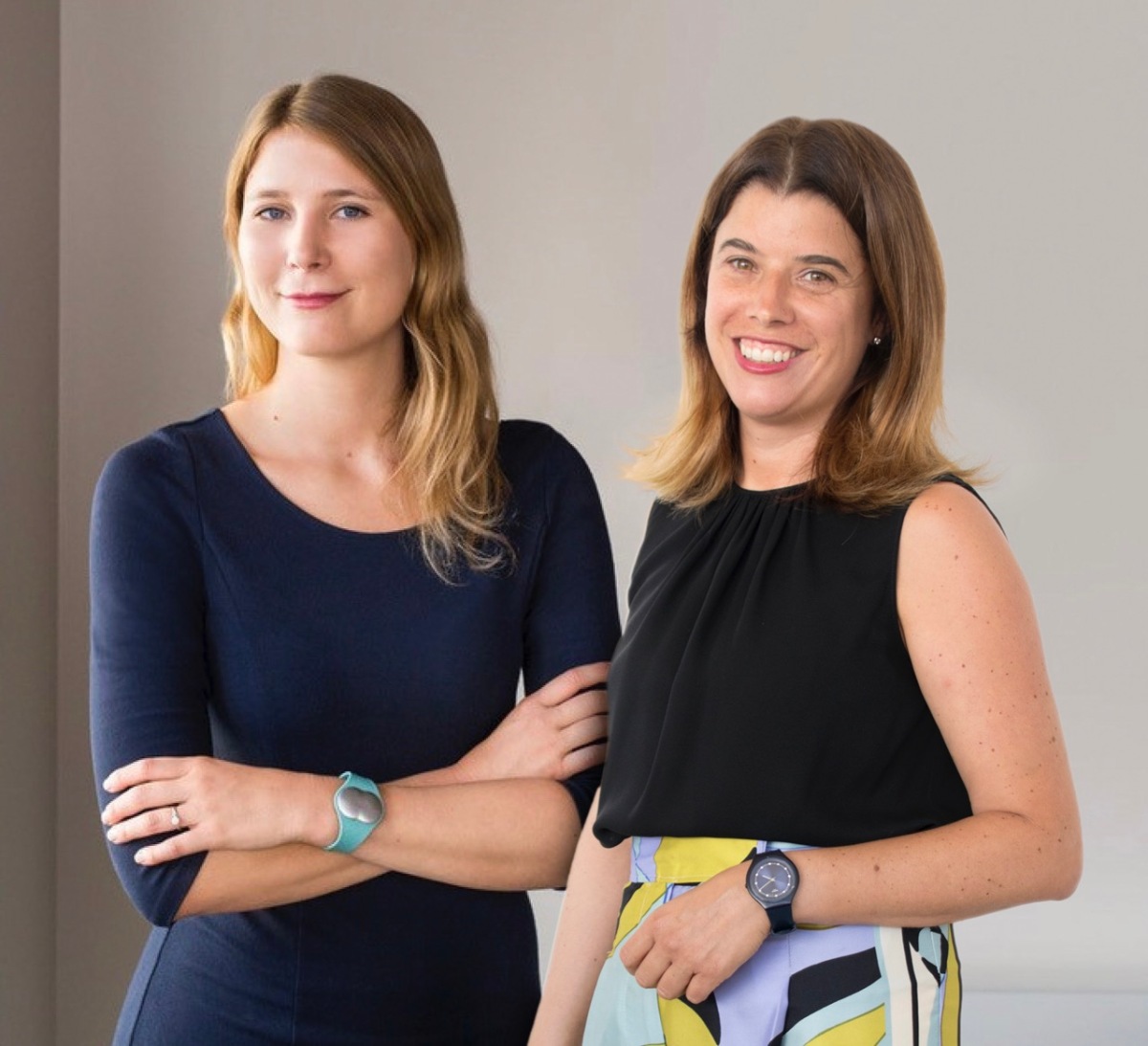Bitwise, Paradigm and Perkins Coie talk regs at TC Sessions: Crypto
Crypto entities ranging from major exchanges to small projects are on the road to stateside regulation. Whether it comes through the Securities and Exchange Commission or the Commodity Futures Trading Commission, many actors in the space are looking for concrete future guidance on how to build compliant businesses in an emerging sector while navigating rules built for traditional finance. And, while crypto founders and investors know regulation is inevitable, they’re also looking to find the sweetest deal possible as they try to influence policymakers. It’s a challenging balance — enough regulation to protect retail investors from a hostile environment but not so much that it stifles the crypto sector’s growth and future innovation in the space. This regulatory tug-of-war is just one reason why we’re thrilled that Katherine Dowling, general counsel and chief compliance officer at Bitwise Asset Management; Sarah Shtylman, partner at Perkins Coie; and Justin Slaughter, policy director at Paradigm, will join us for a session called, “Is Crypto Regulation Ready” at TC Sessions: Crypto in Miami on November 17. We’ll discuss whether or not there’s been an increase in institutional adoption and how the regulatory framework might impact adoption going forward. Given the frustration over the lack of clarity in regulatory guidance, we’ll ask Dowling, Shtylman and Slaughter how legal crypto firms and counsels advise clients to navigate the present landscape while still operating in a compliant way. Dowling brings a unique perspective to the table, having experience working both in private equity firms and as a federal prosecutor in the Economic Crimes Unit of the U.S. Attorney’s Office. Shtylman brings deep knowledge of fintech and blockchain and Slaughter brings legal and advisory experience in both the public and private sectors. We’ll dive into the latest insights on how emerging regulatory frameworks will affect the digital asset industry and get their take on whether we can expect to see clarity on this in the U.S. by the end of the year. Prior to joining Bitwise, Dowling served in general counsel, CCO and COO roles at several financial and private equity firms. She also co-founded Luminate Capital Partners, where she held positions as GP, managing director and COO. A Harvard Law graduate, Dowling spent more than a decade as a federal prosecutor, most recently in the Economic Crimes Unit of the U.S. Attorney’s Office for the Northern District of California, where she worked with the FBI, SEC, IRS and other agencies to prosecute insider trading, fraud and money laundering cases, among others. She also serves on the boards of two nonprofit organizations. As a partner at Perkins Coie, Sarah Shtylman focuses on the fintech and blockchain industries. The clients she advises range from entrepreneurs and startups to big tech and regulated financial institutions. Shtylman counsels on a variety of regulatory, commercial, compliance and product development projects — including NFTs, regulated digital asset platforms, in-game currencies and payment services integrations. Shtylman has advised clients through the application and compliance processes for state and federal trust charters, money transmission licensing and registration and lending licenses. She has engaged directly with state and federal regulators to discuss the applicability of various financial services regulatory regimes to emerging blockchain technology platforms and protocols that her clients are developing. Prior to Perkins Coie, Shtylman served as in-house regulatory counsel at Coinbase and has experience with cryptocurrency network development and launches, asset-backed digital tokens (including stablecoins), peer-to-peer lending, corporate governance, Bank Secrecy Act (BSA) compliance, Financial Industry Regulatory Authority (FINRA) arbitration and financial services litigation. Prior to joining Paradigm, Justin Slaughter was director of the office of Legislative and Intergovernmental Affairs and senior advisor to Acting Securities and Exchange Commission Chair Allison Herren Lee. He has also served as chief policy advisor and special counsel to former Commissioner Sharon Bowen at the Commodity Futures Trading Commission and general counsel to Senator Edward J. Markey. Slaughter has also served as a consultant in private practice focusing on fintech and smaller technology companies, and he began his career as a law clerk to Judge Jerome Farris on the United States Court of Appeals for the Ninth Circuit. Justin has a B.A. from Columbia University and a J.D. from Yale Law School. Take advantage of our early bird pricing and save $150 on General Admission passes. Buy your pass today, and then join the blockchain, crypto, DeFi, NFT and web3 communities at TC Sessions: Crypto on November 17 in Miami. Is your company interested in sponsoring or exhibiting at TC Sessions: Crypto? Contact our sponsorship sales team by filling out this form.









